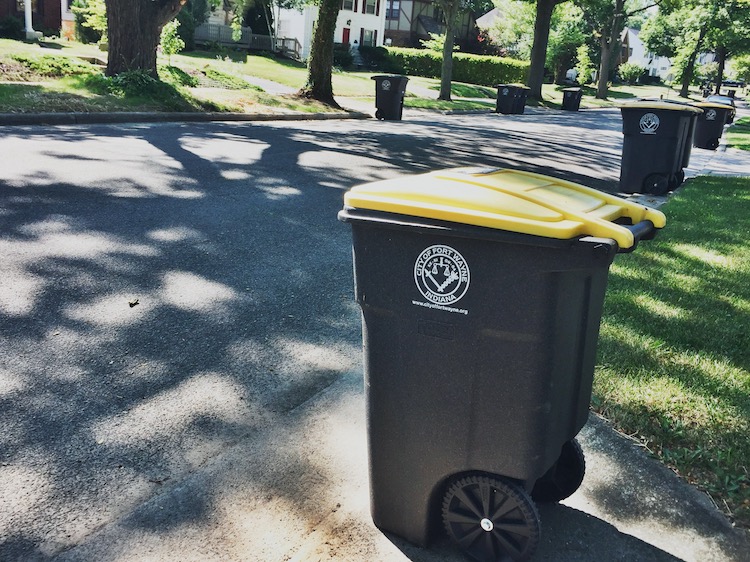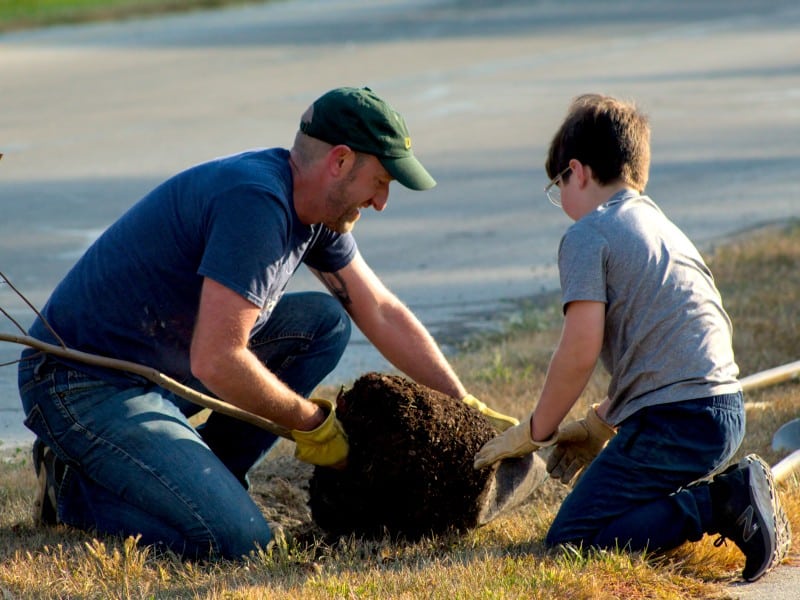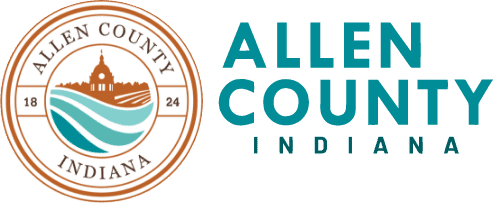Is your recycling really getting recycled?
The answer might be less about your curbside pickup and more about your personal practices.

Cities, towns, businesses, and individuals in Allen County contract with waste haulers to pick up their trash and recycling. Usually, the same company picks up both, prompting the question: “Does my recycling really get recycled, or is it just thrown away?”
This question has been more prevalent since the advent of single-stream recycling, in which all recycling (paper, plastic, glass, etc.) is placed in the same bin. Then when the trash is picked up to go to the landfill, the recycling is picked up to be sorted at a Materials Recovery Facility (MRF).
Or so we hope.
I spoke with Matt Gratz, Solid Waste Manager for the City of Fort Wayne, about the belief that much of our recycling ends up in the trash.
“It just wouldn’t make economic sense if they did that,” Gratz says, referring to our local MRF operator, Republic Services. “The price of processing and recycling is cheaper than landfill fees, and we get a share of the revenue from recycling, so they wouldn’t be paying to throw the stuff away and also paying the City for sales of recyclable materials.”
The Allen County Department of Environmental Management’s community recycling sites work a little differently.
These six drop-off sites serve as a place for residents to take recycling, but people are asked to pre-sort their materials. Everything still goes to the MRF, but it doesn’t need to go through the intensive processing that mixed, single-stream recycling requires. Pre-sorted materials are cleaner, more valuable, and less likely to resemble trash.
Both the Fort Wayne Solid Waste Department and the Allen County Department of Environmental Management conduct routine audits at the MRF. Inside the facility, recycling is sorted into the different types of materials (plastics, paper, cardboard, metals, and glass) through various manual and mechanical means. Then it is packed into bales (like a straw bale) and loaded onto trucks to be shipped to manufacturers that buy it to make new products.
The weight of the materials collected, sorted, and sold must be reported, so there is very little reason or opportunity for good recycling to end up in the trash.
But this is where the exceptions come into play. If there is “contamination” in the recycling, it can be rejected either at the MRF or by the buyer.
Contamination is a broad term that refers to anything that is not supposed to go into your recycle bin. The most common contaminants are plastic bags, food (perhaps left on the sides of jars), clothing, and unmarked plastics (or plastics with no recycle symbol or number).
So think before you toss that mystery item into the recycling bin next time. It does more harm than good to put the wrong items into the bin because it can re-route the entire load to the landfill.
If you are skeptical that the efforts you are making to recycle are effective, the answer might be less about your curbside pickup and more about your personal practices.
Be make sure to “recycle right” by learning exactly what can and cannot go into your local hauler’s bins.
And, as they say, “when in doubt, leave it out.”
Learn more
For a list of basic items accepted by most recycling programs in Allen County, visit www.RepublicServices.com.











